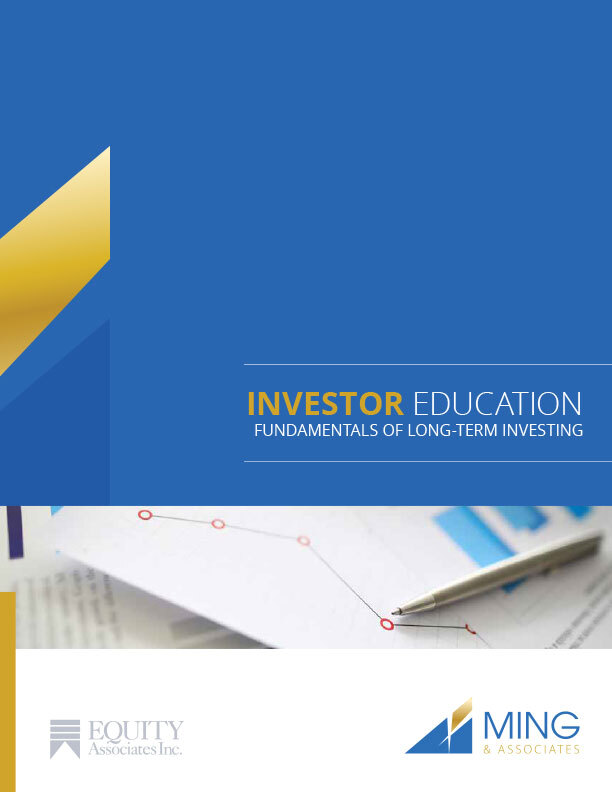On March 20th 2020, the S&P500 index (a main stock market reference to judge the US economy) was down 34% from its previous high reached that February. During that span, we witnessed one of the most volatile stretches in stock market history.
The pandemic took a hold of our daily lives and uncertainty was abound. Financial media dominated the headlines and fear had taken hold of the market. It has only been a year, but in some sense, it feels a lifetime ago.
Here is what we wrote in an email to clients on March 20th, 2020.
“Every time the markets fall the reason (or crisis) is different but the end results have always been the same… We are confident that the current market environment is so tilted in favour of the long-term investor that we are recommending that any investor with a 5-year time frame invest sooner rather than later. In 25 years, the only other time we have felt this way was 2008. The market is currently priced irrationally due to forced selling by hedge fund redemptions, margin calls and the de-leveraging process taking place in the U.S. and around the world. As a result, a great number of high-quality companies are now at prices we will never see again in our lifetime. Once this selling pressure is relieved, we will likely get a decade’s worth of performance over a period of months. Forget about the day-to-day gyrations of the market and do your best to ignore the markets over the next few months until this too passes.”
Did we know when the market would bottom? Absolutely not, no one does. Could it have fallen another 20% from the day we sent that correspondence? Of course it could.
What we do know is that every market decline in history was temporary. Not only that, but new market highs were not uncommon, and in fact are part of a very normal market cycle of declines, recoveries, and new highs. As we write this, the S&P500 has reached new highs again (up 16% from pre-pandemic levels, and up 60%+ from the March 2020 bottom).
The common thread here is unknowability; we simply didn’t know when, where, or how these economic events would play out, or when the inevitable new highs will be reached. Although we have no control over the uncertainty, we can have perfect control over how we respond to it, or ideally, how we don’t respond. At the end of the day, it is never about what the markets do, it is always about what investors do (or don’t do).
So, One Year Later, the value of a good financial advisor has never been more apparent. We work to make sure you have the proper asset mix for your goals, that you remain diversified, and have a plan in place. An advisor helps investors stay patient, have faith in a better future, and stay disciplined.

